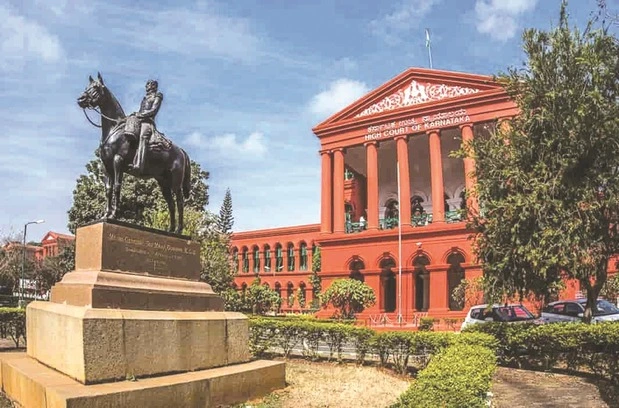The Karnataka High Court has made a ground-breaking decision to enforce the rights of transgender individuals by mandating updates to birth certificates. A petitioner, born male in 1983, and later diagnosed with gender dysphoria, sought relief after undergoing sex re-assignment surgery. Despite updating key identity documents like Aadhaar and passport, the Registrar of Births and Deaths refused to amend the petitioner’s birth certificate, citing restrictions in the Registration of Births and Deaths Act, 1969.
The High Court ruled that the Registrar must comply with the Transgender Persons (Protection of Rights) Act, 2019, which recognizes the right to self-perceived gender identity. By directing an amendment of the petitioner’s birth certificate, the Court set a powerful precedent for implementing transgender rights, ensuring the recognition of identity.
The Transgender Persons (Protection of Rights) Act, 2019, marked a turning point for transgender equality in India. It recognizes a third gender category and prohibits discrimination based on gender identity. Under this Act, transgender individuals can apply for a certificate of identity from the District Magistrate to officially record their self-perceived gender. This certificate allows for changes in name and gender across all official documents, including birth certificates.
However, conflicting provisions in the Registration of Births and Deaths Act, 1969, have created barriers. The Karnataka High Court’s ruling emphasizes the state’s duty to harmonize laws to prevent the negation of transgender rights, urging amendments to the 1969 Act to align it with the Transgender Act.
The High Court has directed the Registrar of Births and Deaths to act on applications submitted by transgender individuals under Sections 6 and 7 of the Transgender Act. This includes updating birth certificates to reflect changes in name and gender, as supported by a valid certificate of identity. Additionally, the Health Officer of the Mangaluru City Corporation has been ordered to process the petitioner’s application within four weeks.
Acknowledging legislative gaps, the Court urged the Law Commission of Karnataka to recommend amendments to the 1969 Act. This proactive stance ensures transgender individuals can assert their rights without procedural hurdles, fostering greater inclusivity and equality.
—By Shivam Sharma and India Legal Bureau


